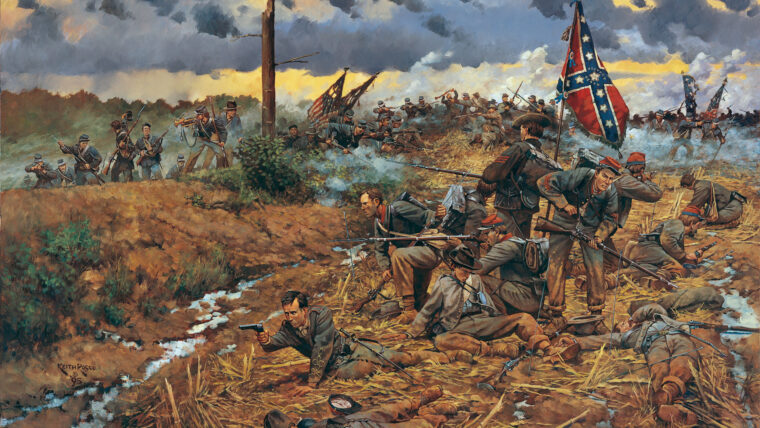
George Washington
Black Thursday at Sayler’s Creek
By David A. NorrisFour hundred Confederate sailors and marines, their small arms loaded and ready, awaited their orders. Some men had their cutlasses within easy reach. Read more

George Washington
Four hundred Confederate sailors and marines, their small arms loaded and ready, awaited their orders. Some men had their cutlasses within easy reach. Read more
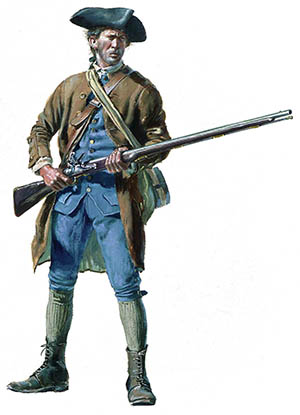
George Washington
British colonization of the New World transplanted many British institutions to America. Besides the political and social beliefs seeded in the colonies, military ideals were also implemented. Read more
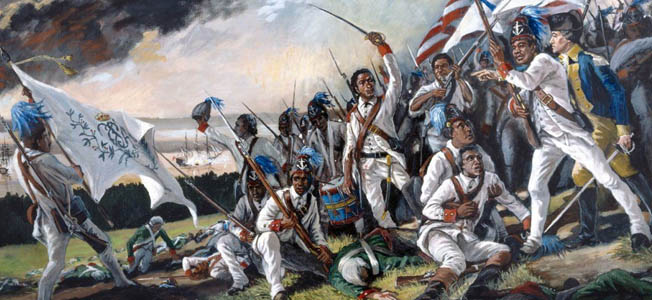
George Washington
Although a large number of colonial slaves fled their condition of involuntary servitude seeking freedom through service to the British Army, an estimated 5,000 African Americans served in the Continental Army during the American Revolution. Read more
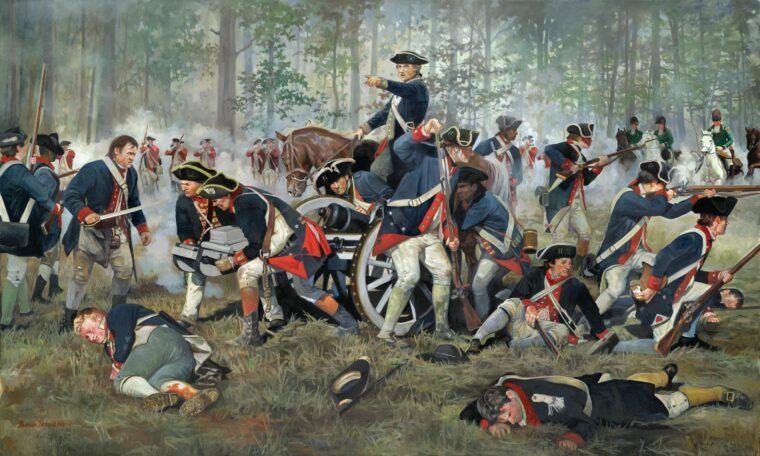
George Washington
In late March 1781, American Maj. Gen. Nathanael Greene sought to make the best of a bad situation. Read more
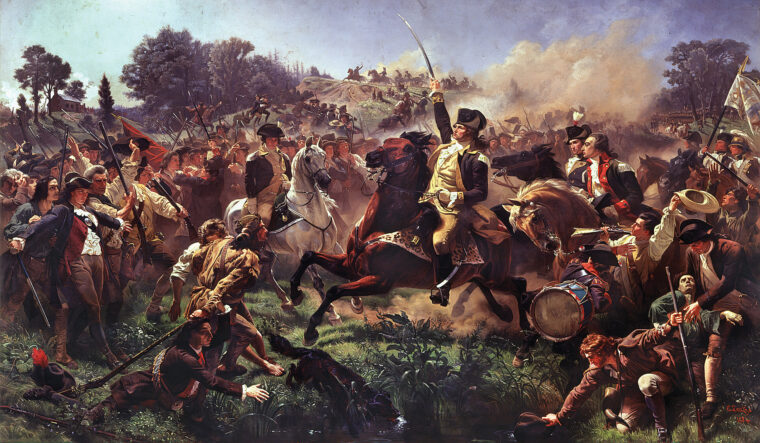
George Washington
On June 19, 1778, Continental soldiers marched out of Valley Forge, happy to leave the rough wooden cabins where they had spent a miserable winter; cold, hunger, and disease had been their constant companions. Read more
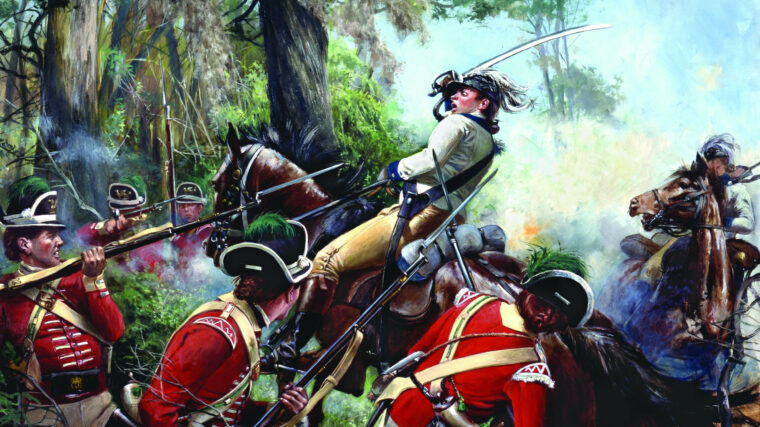
George Washington
In the early morning hours of September 8, 1781, drums rolled and fifes played in Maj. Gen. Nathanael Greene’s camp in the High Hills of southeastern South Carolina. Read more
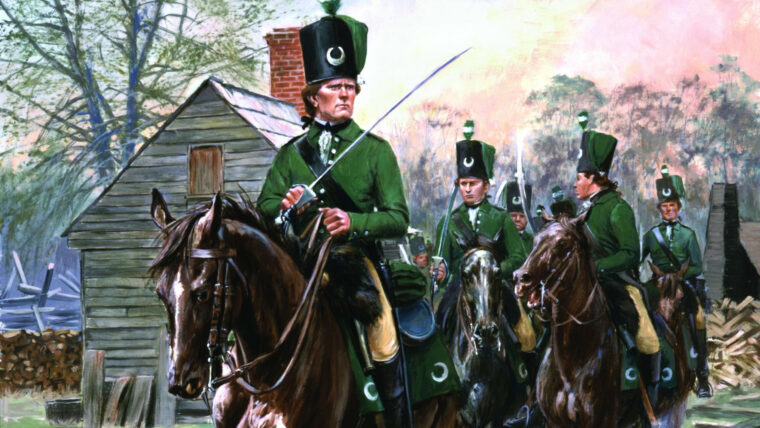
George Washington
British Army officer John Graves Simcoe wanted to command a corps of irregular troops. He believed that there were opportunities in “the service of a partisan” that taught a man habits of self-dependence and prompt decision making rarely found in the duties of a subordinate officer. Read more
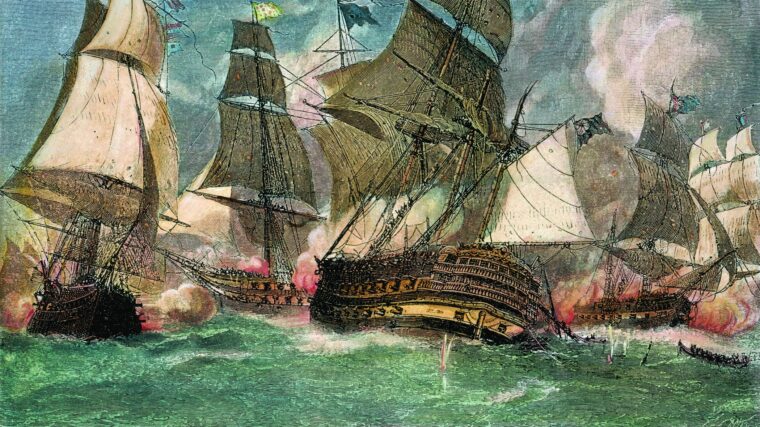
George Washington
When most Americans think of the triumphant ending of the Revolutionary War, they almost exclusively credit George Washington for the miraculous outcome, forgetting that the war was part of a much larger worldwide contest of which the revolution in the colonies was only a part. Read more
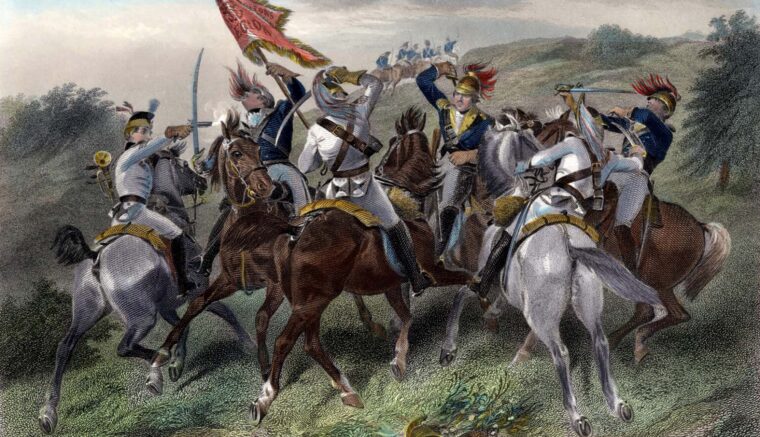
George Washington
William Augustine Washington was born on February 28, 1752 in Stafford County, Va. The eldest son of Bailey Washington, William was destined to be the paladin of the Southern cavalry during the American War of Independence. Read more
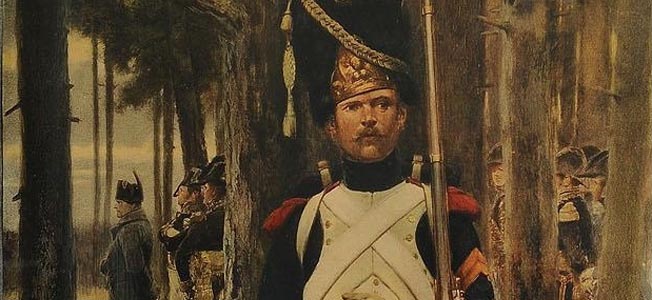
George Washington
Among the many local units composing Washington’s army at the Battle of Long Island was the Grenadier Company of New York. Read more
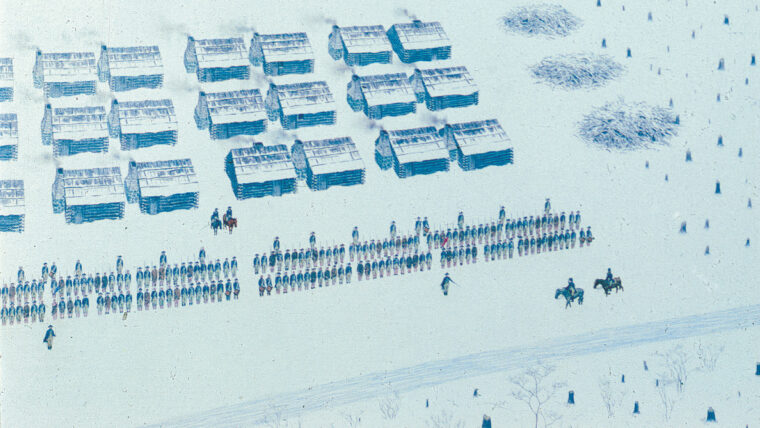
George Washington
Despite never having gained the mythological fame of Valley Forge, the encampment of the Continental Army at Morristown, New Jersey, over the winter of 1779-80 was a horrendous trial, worse for the men than that at the Pennsylvania hollow, and dire for the revolutionary cause. Read more
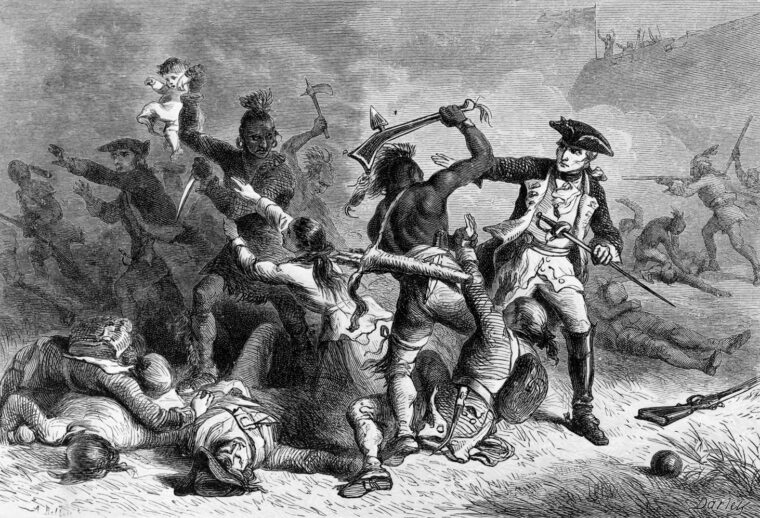
George Washington
I can assure you that he has a military mind indeed and in adding experience to the theory he already has, he will become a person of distinction,” Maj. Read more
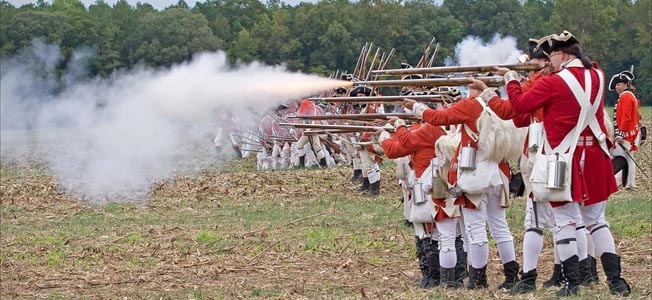
George Washington
The French advanced swiftly, with men yelling “Hurrah” and officers shouting encouragement. They knew the British were to the front, somewhere, although they could not see them yet, and they expected to roll over the enemy in an impetuous, distinctively Gallic tide. Read more
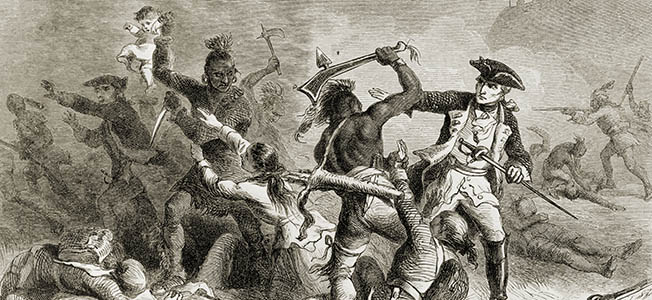
George Washington
From 1756 to 1763, the armies of Great Britain and France fought the French and Indian War for preeminence in North America. Read more
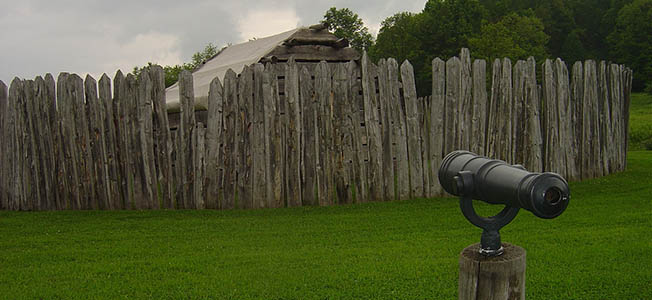
George Washington
Throughout the wide range of human capacities to be found in military heritage, one that often sticks out is ineptitude. Read more